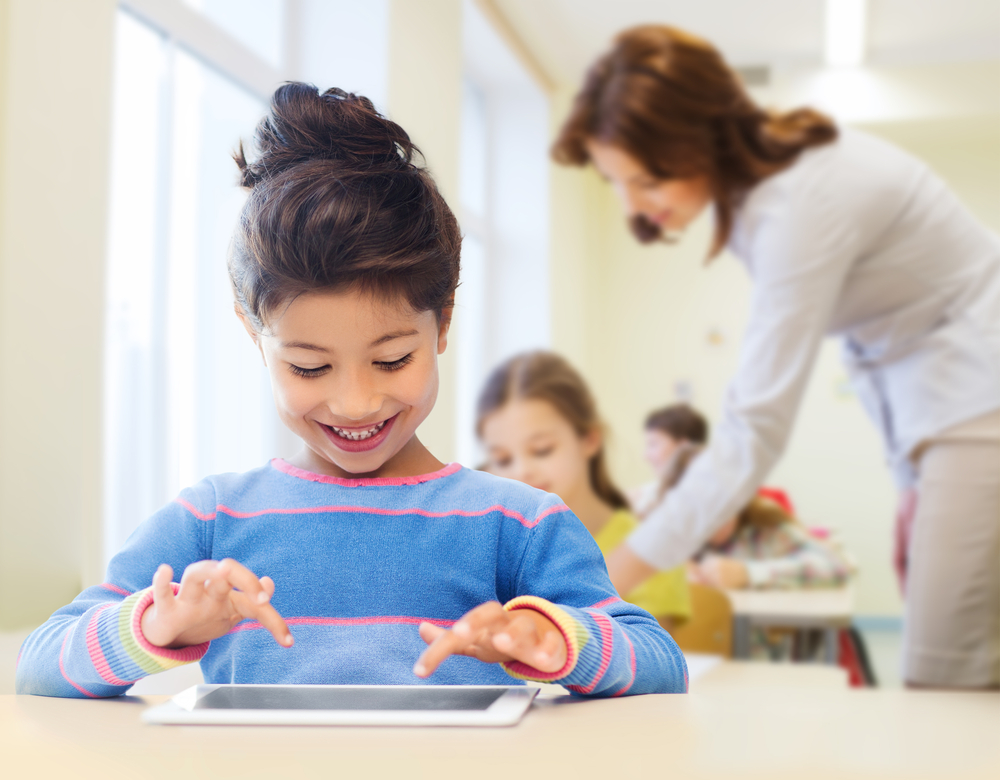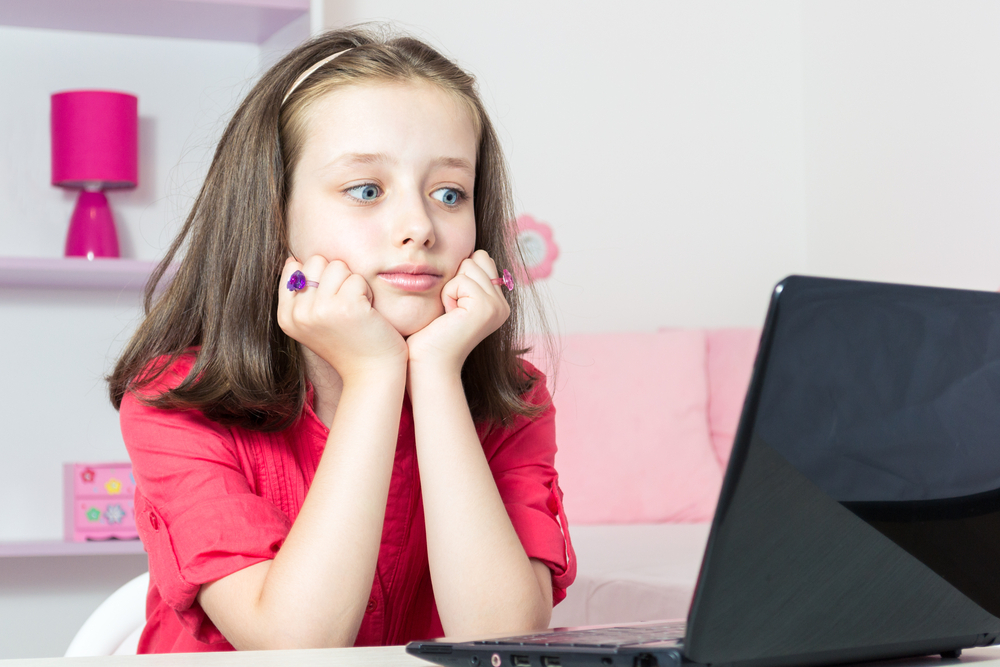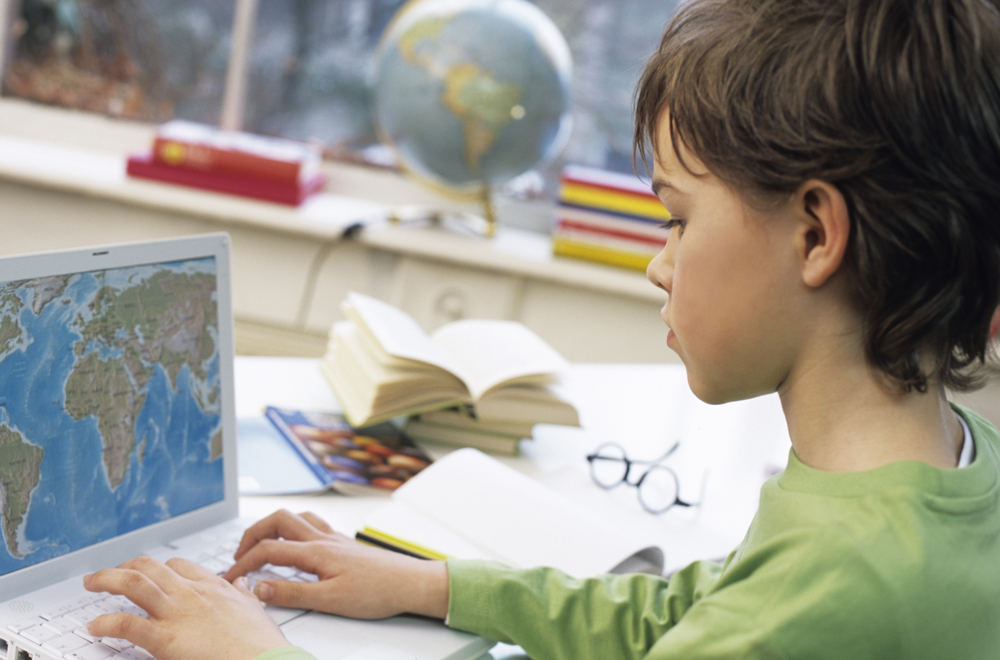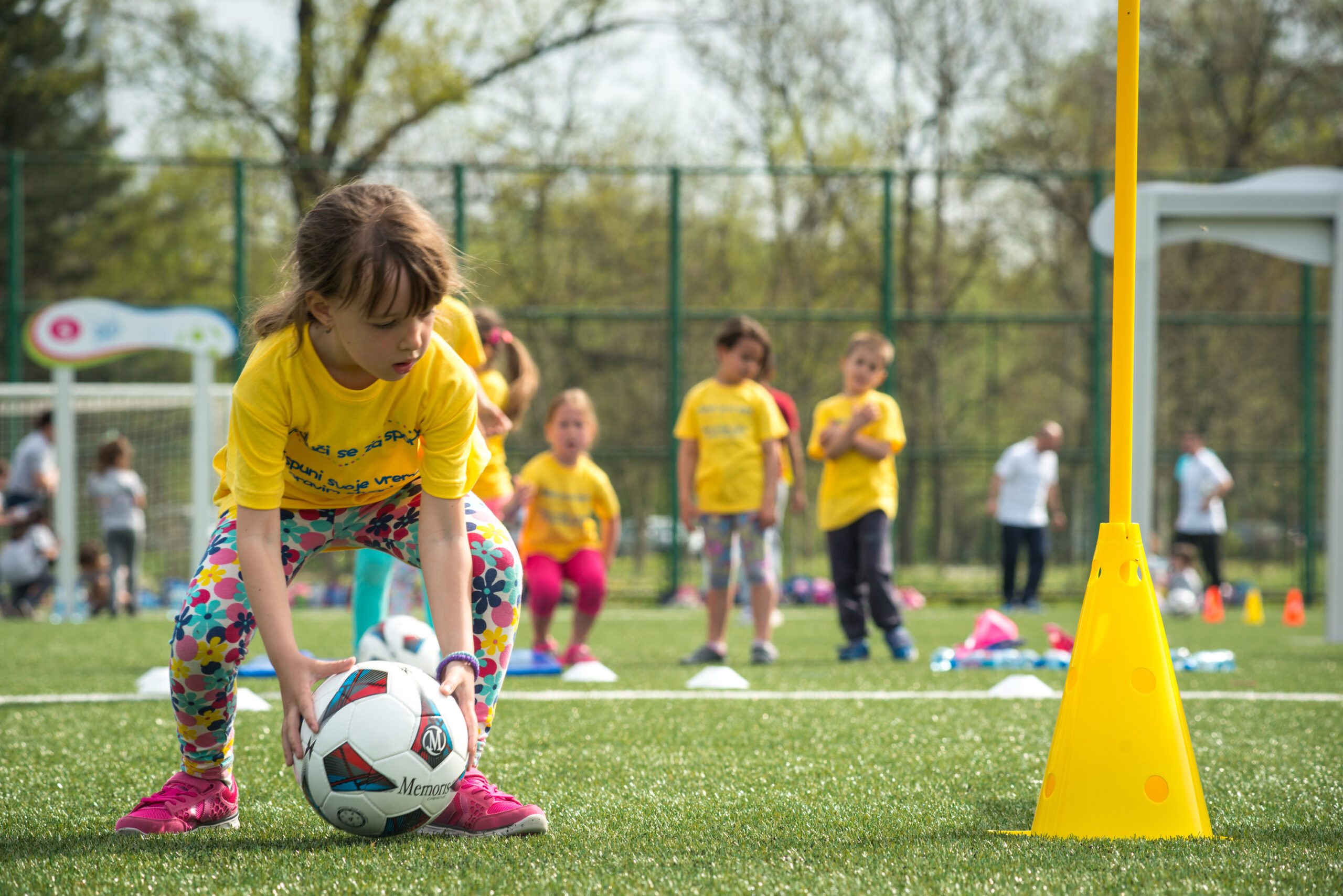The impact of digital access on young people’s mental health doesn’t have to be harmful if we follow several basic rules like early intervention, healthy lifestyle, defining boundaries, etc.
Are cyberbullying, violent video games, sexting, or “revenge porn” harming our children’s mental health and wellbeing?
More and more young people and kids are relying on technological services and tools to study, learn, play, create and engage with others online. There are countless examples of how these can enhance a child’s experience, promote her or his healthy development and accelerate access to new information and opportunities.
According to the Young and Well Cooperative Research Centre 2014 report, technology can close gaps, reduce time, and erase borders, however, it has created exposure to new and greater risks, including access to inappropriate content and violence, privacy concerns, and excessive use of media and health problems,
It’s also increasingly difficult to limit access to the online world because the line between real and digital life is hard to draw. Yet, this does not mean that children’s rights have disappeared or that their physical and mental health should no longer be a concern.
On the occasion of the 25th Anniversary of the United Nations Convention of the Rights of the Child, members of the U.K. Parliament debated and found that the rise of the digital culture was not a worry, but its potential exposure to threats of cyber bullying, attention problems and depression was what caused concerns, as stated in the Guardian in November 2014.
It is necessary to pay closer attention to the impact of the internet on children’s and young people’s mental health, and in particular the use of social media and effect of pro-anorexia, self-harm and other inappropriate websites – according to them.
The Office of National Statistics showed in 1999 and 2004 survey that one in ten children aged between 5 and 16 has a mental disorder: “5.8% have a conduct disorder, 3.7% an emotional disorder and 1-2% have ADHD.”
The other problems with data on children’s mental health is that it is outdated, and a key element for appropriate legislations and effective planning of resources and services is up-to-date, accurate, comprehensive, and detailed information. This will guarantee that law and policy-makers, service providers, and health professionals will be able to intervene appropriately.
UNICEF heard the voices and feelings of children around the globe and called for the attention of governments, NGOs and parents among others at “Digitally Connected” symposium about children, youth and digital access in April 2014. This was aimed to ensure that all young people can take advantage of the digital world and, at the same time, to advance their rights and protect their health and safety.
Here are a few guidelines to help guarantee a free and safe access to our digital society:
1) Early intervention is key – Prevention efforts at home and in the classroom, on a short and long-term basis are needed. Drop-in services, support programmes, school interventions and parenting advice can contribute positively to this issue.
2) Healthy lifestyle – Enough sleep, regular indoor and outdoor exercise, and healthy food should be balanced with digital activities.
3) Extend the digital content – Go beyond what they did or saw on screen, place it back in their life’s context and make it real for them so they can develop a critical eye early on.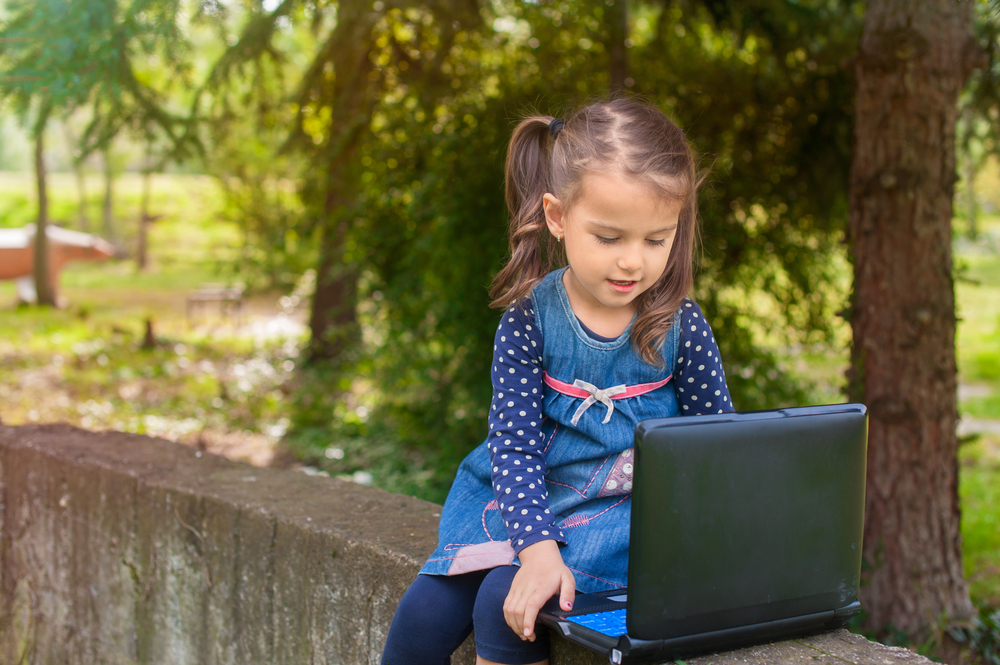
4) Define boundaries – Get to know what tools your child is using, develop competency so they know that you understand and that you can clearly guide them and protect them.
5) Raise awareness – Talk openly with your young ones and engage them with these problems. If they know that they can freely express themselves and that you will not “punish” them, but try to understand them before and during any problems, it will only build a constructive relationship of trust and support, simultaneously developing their own sense of responsibilities. Of course, this does not come without any dilemma, that’s why both parents and children would benefit from external guidance.
[divider]
What other advice would you give to young people affected by such problems and parents in difficult situations? What does digital access mean to you and your family? What do you do to protect your children?


